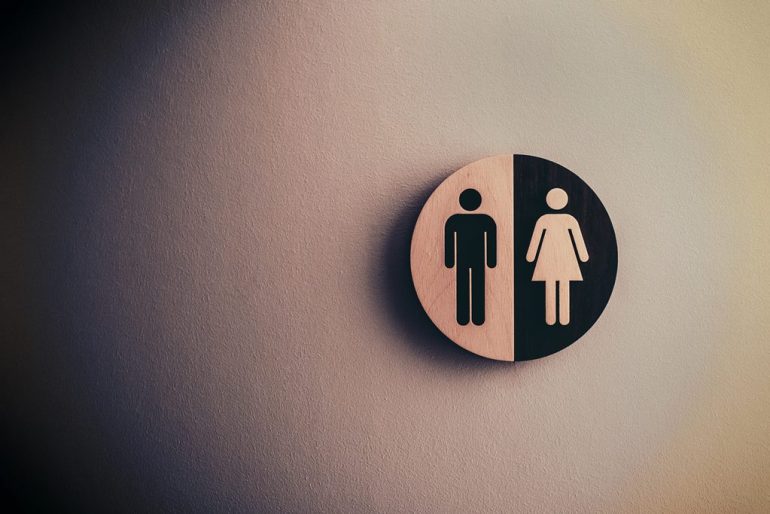Gender Dysphoria unease a person because of a mismatch between their biological sex and their gender identity. Gender dysphoria infers feelings of pain and discomfort that a person experiences when their assigned gender does not match their gender identity. People who experience gender dysphoria may feel uncomfortable and despicable over the conflict between the sexual characteristics of their physical body and how they think of themselves. This can also result in difficulties in relationships. The impacts of gender dysphoria can be distinguished from one person to the next. For some people, these feelings of conflict may affect their self-esteem and behavior. A person with gender dysphoria may bear with feelings of distress by altering their gender expression, gender manifestation, or gender chore from their gender assigned at birth, as well as changes in their physical appearance. Gender dysphoria is used to be called ‘Gender identity disorder’ but it’s not a mental illness. Let’s have a look at signs of Gender Dysphoria:-
- Depression or anxiety
- Low self-esteem
- Getting socially isolated
- Avoiding Themselves
- Taking unnecessary risks
People may also experience these signs in gender dysphoria:
Cisgender: Whose gender identity matches their biological sex.
Nonbinary: People who may identify as having no gender or having two or more genders.
Gender fluid: People who identify as different genders at different times.
People who undergo gender dysphoria may often express that they want to be the opposite gender. They are uncomfortable with the gender roles and gender expressions of their birth-assigned sex. This might demonstrate behaviors such as dressing as their preferred gender, playing with toys that are typically related to the opposite gender, and refusal of many gender-stereotypical behaviors. People who experience gender dysphoria may be straight, gay, lesbian, or bisexual. Although, it is necessary to understand that not everyone who is transgender or gender nonconforming experiences gender dysphoria.
They might be unhappy with their physical characteristics. However, their interests in toys or clothes may differ. Gender dysphoria is not related to an individual’s sexual exposure. Gender dysphoria-affected children will always show interested in the opposite sex to us or clothes, but it doesn’t mean all children have an issue of Gender Dysphoria because it is common during childhood as well. It often happens around Puberty, when young people might feel that their outer appearance doesn’t go with their gender. Their tastes and preferences may differ from other youngsters. People suffering from Gender Dysphoria can get help from doctors, mental health hospitals.
Why does our society expect males and females to play their gender roles? When a child is in the womb, our society decides before their birth that if it’s a boy then clothes would be blue and if it’s a girl then clothes would be pink. Why can’t girls wear blue schweiz-libido.com? or Why can’t boys wear pink?
People with Gender Dysphoria face challenges daily. Sometimes it’s difficult for them at their own house where their family exhibits bias among other children. Why can’t they just easily accept them the way they are? There is so much inequality in our society even classmates, teammates, colleagues make fun of gender dysphoria affected people when they show what they like to wear or like something which doesn’t go with their biological sex. According to a 2020 article, experts can help a person with gender dysphoria to scrutinize their emotions and ease discomfort. Some people might transition to another gender, some might continue to acknowledge their identity in other ways, and some might cease experiencing gender dysphoria. What works for one person may not work for another.
We should support people with gender dysphoria. People with gender dysphoria must get support from their loved ones. When you talk with someone with gender dysphoria, remember that while listening. uphold the person’s experience and how gender dysphoria affects them. Acknowledge their distress and pain.
Ask how you can help. Ask them whether they need anything or what would make things easier for them. Motivate them to seek help, especially if they display symptoms of mental illness, suicidality, or substance misuse. Some people may prefer gender-neutral pronouns, such as “them” and “they.” Society prefers people to refer to them as another gender.
People with gender dysphoria, who have the support of loved ones may be less likely to experience depression, anxiety, and other adverse effects.




